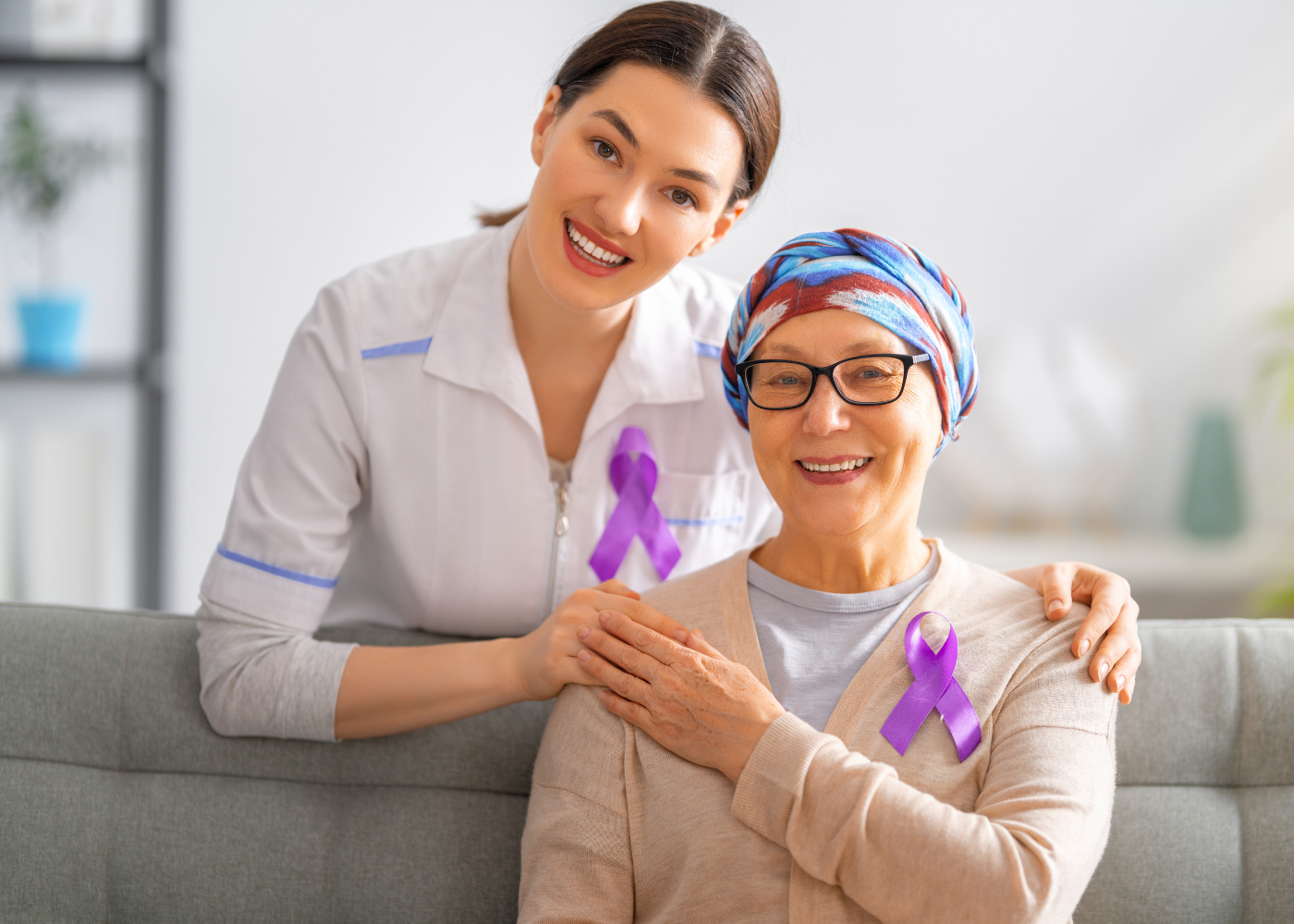IMANA NEWS
From Awareness to Action: Commemorating World Cancer Day
07 February 2024

Cancer is the second leading cause of death worldwide. It is responsible for approximately 1 out of every 6 deaths—more than AIDS, tuberculosis, and malaria combined. In addition, the disease is becoming more prevalent among younger people. Estimates suggest that about 400,000 children develop cancer each year.
This World Cancer Day, the Islamic Medical Association of North America (IMANA) needs your help in raising awareness about this disease and developing the necessary resilience in our healthcare systems. Together, we can lessen its impact on human development while increasing survival rates.
Cancer Prevalence and Survival Rates
The incidence of early onset cancer is 3.26 million people, indicating a significant 79.1% increase versus 1990. Moreover, projections estimate that the disease’s incidence and death will increase in 2030 by 31% and 21%, respectively.
Why is cancer on the rise? Age and genetics are behind it. Lifestyle factors such as obesity, poor diet, physical inactivity, alcohol and tobacco use, increased intake of dairy, and the consumption of processed foods are also responsible.
However, there is some good news. Between 1975 and 2020, there was a sharp decline of more than 50% in cancer mortality rates thanks to improved treatments and targeted therapies. We can further lower our risk by making smart lifestyle changes.
Is A Future Without Cancer Possible?
Great strides in research and innovation have brought us closer to eradicating, curing, and having long-term control over cancer. Treatments today include CAR-T-cell therapy (which can eradicate advanced leukemia for many years), non-invasive liquid biopsies, and 7-minute anti-cancer jabs. Precision oncology and AI learning models that can predict a person’s probability of developing lung cancer are also an immense help.
Despite these advances, it’s been found that cancer cells can “learn and react” to medications. They can be molecularly rewired in the process, making the body resistant to anti-cancer drugs and rendering them less or completely ineffective.
In addition to developing better cancer treatments, we must also focus on preventing the disease. This calls for a collaborative approach among individuals, communities, and organizations. Here’s how we can achieve that:
Advocate for Awareness and Early Diagnosis
Half of cancers are at an advanced stage when diagnosed, carrying a higher risk of mortality. By raising awareness about the types of cancer and implementing screening programs, we can detect and address cancer early on.
If individuals are aware of cancer, its causes, and symptoms, they’re much more likely to proactively undergo screening. This can ensure early detection of the disease. Should they have it, they can avail of less aggressive treatments for precancerous lesions while improving their overall prognosis and survival rates. At the same time, the risk of a recurrence or malignancy is reduced.
Demand Inclusion in Research
Cancer causes and outcomes vary between more and less-developed regions as well as high and low-income countries. We must demand health equity to eliminate any disparities.
Lower social classes are more likely to have lower cancer survival rates due to the unavailability of suitable housing and nutritious food, less access to healthcare and insurance, and little awareness of the disease.
Consider these eye-opening statistics from the World Health Organization (WHO):
- Lung cancer-related services are 4 to 7 times more likely to be part of the health benefit packages of people from high-income countries than citizens of lower-income countries.
- The likelihood of radiation services being covered in health benefit packages is 4 times greater in high-income countries than in countries with lower incomes.
Moreover, 1 in 12 women are diagnosed with breast cancer in countries with a very high Human Development Index (HDI). In countries with low HDI, only 1 in 27 women are diagnosed. The treatment rates are just as bad.
Hence, people must be aware of the warning signs of breast cancer and stay updated about the latest developments. The drug Anastrozole, for instance, has been found to cut breast cancer risk by half.
Beyond breast cancer, which is the most common of all cancers, we must call upon our governments to conduct research on cancer’s etiology, prevention, and treatment while advocating for better health policies.
Offer Support To Cancer Patients
Cancer is lethal, but it does more than affect the patient’s health. It can also be financially crippling. Even patients who have insurance pay an estimated $5.6 billion annually for out-of-pocket expenses such as surgery, radiation therapy, chemotherapy, and other treatments.
In addition to coping with the worry, stress, and anxiety of a cancer diagnosis, patients also suffer from psychosocial problems and battle societal stigma. These needs are vital areas that must be addressed to improve patient care and patients’ quality of life.
By offering support, we can help patients who are struggling with this disease. Giving them opportunities to share and listen to survivor stories can lessen their feelings of isolation and offer valuable support. At the same time, clarifying misconceptions and helping them maintain ties with their communities can give them a sense of normalcy.
Join IMANA’s Fight Against Cancer
IMANA is fighting for a world where cancer is proactively prevented, where it is detected and addressed early, and where people regardless of income have access to cancer information and treatments. Our fight against cancer has led us to aid patients and healthcare facilities as far as Haiti and Guyana.
This World Cancer Day, consider volunteering with us or making a donation. Together, we can raise awareness, make access to cancer treatments more equitable, and improve survival rates.